How would you feel if one day you woke up and found out that the companies you trust have been playing you for a fool? Betrayed and hurt? Well, that’s what tens of thousands of Americans felt in 2023. Americans reported losing over $10 billion to fraud—a 14% jump from the previous year.
And these aren’t just numbers. They’re real stories of trust betrayed. Wanna learn more about the most notorious corporate scams that have impacted countless lives? Keep reading!
Visa & MasterCard

While using Visa and MasterCard, some consumers made quite a pricey swipe they never knew about. They charged a hidden processing fee that was automatically added to the price of the product or service. And they didn’t do it like a couple of times but for years—charging small, undisclosed swipe fees that added up fast. Now, their pricing is clearer, but those fees still exist, just better disguised.
Danone
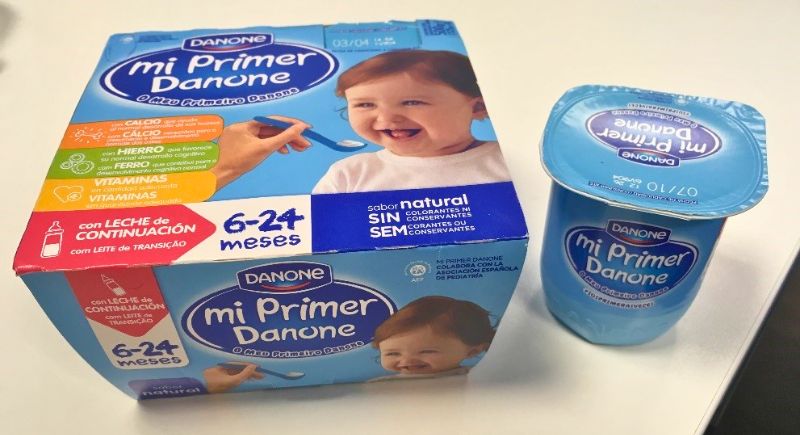
Danone convinced millions that Activia yogurt wasn’t just food—it was a probiotic miracle that could regulate digestion better than anything else. The only problem? The science didn’t back it up. In 2010, the FTC hit them with a $45 million fine for false advertising.
Airborne
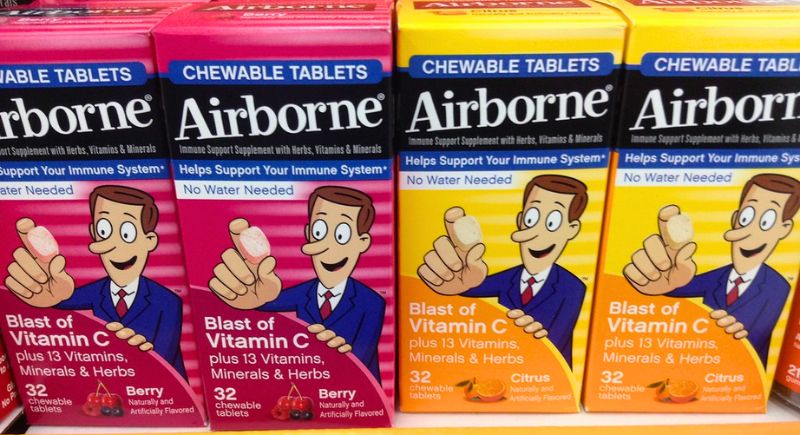
A teacher invented Airborne, claiming it could prevent colds. The company made millions pushing this idea—until scientists stepped in. There was zero proof it worked. In 2008, Airborne paid $30 million in settlements and had to rebrand. Now, it’s marketed as an immune support supplement, not a miracle cure.
Loblaws
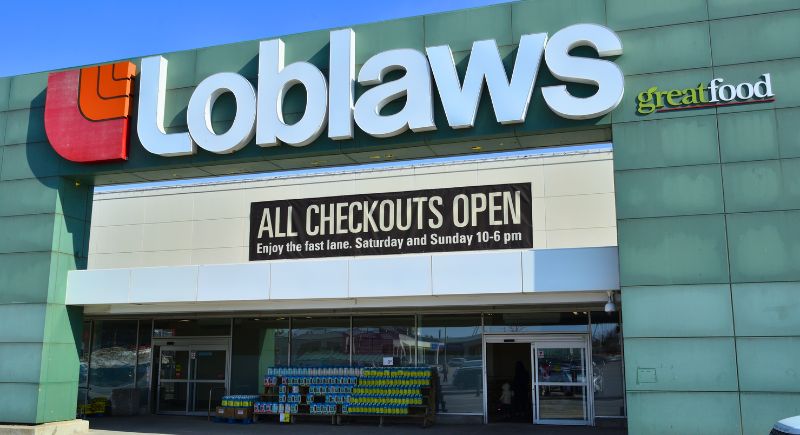
Loblaws wasn’t just selling bread—they were rigging prices to overcharge customers for over a decade. When the truth surfaced in 2017, they admitted guilt and tried to smooth things over with $25 gift cards. But considering how much they profited from the scheme, that’s like a burglar returning your TV remote and calling it even.
Takeda Pharmaceuticals
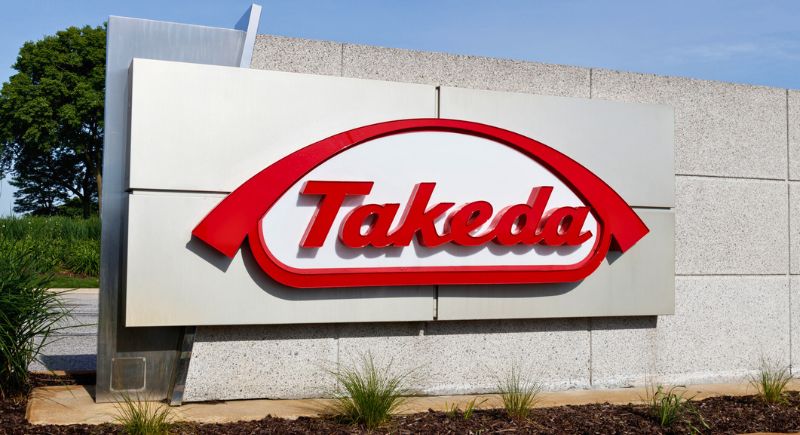
Takeda’s diabetes drug, Actos, came with a dangerous side effect—an increased risk of bladder cancer. The company downplayed the risk for years, but lawsuits finally caught up with them. In 2015, they agreed to a $2.4 billion settlement. Now, they claim to prioritize patient safety, but let’s just say people are reading the fine print a lot more carefully.
Enron

Enron’s scandal was one of the worst in history. Executives used shady accounting tricks to hide billions in debt and fooled investors until the truth exploded in 2001. The company collapsed, 74 billion dollars vanished, and CEOs went to prison. The fallout led to stricter financial regulations.
Purdue Pharma
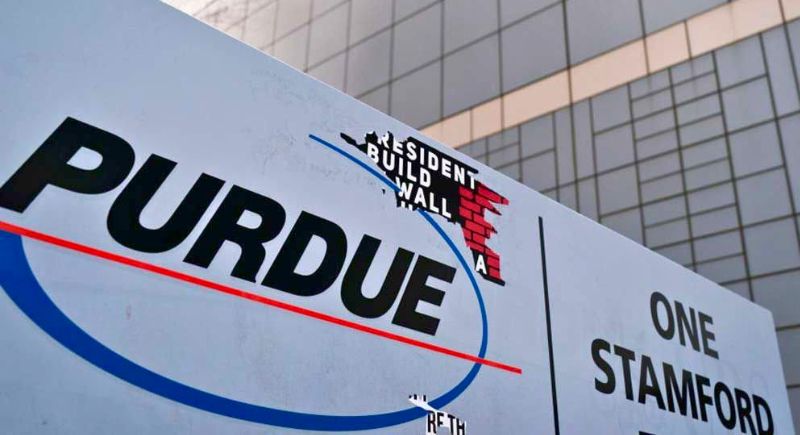
Purdue Pharma aggressively marketed OxyContin while toning down facts related to its addictive nature. When lawsuits piled up, they agreed to a $6 billion settlement, and the Sackler family (who owned Purdue) paid $225 million. The company filed for bankruptcy, and its name became synonymous with corporate greed.
Theranos
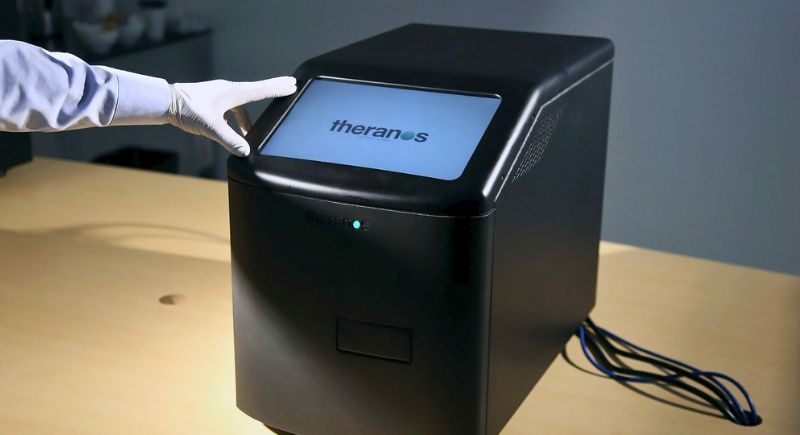
Elizabeth Holmes convinced investors that Theranos’ tech could run hundreds of tests on a single drop of blood. It was revolutionary—except it didn’t work. In 2015, the fraud unraveled and led to criminal charges for Holmes and her partner. Shutting down Theranos proved that hype without science doesn’t go very far.
Bernie Madoff’s Investment Firm
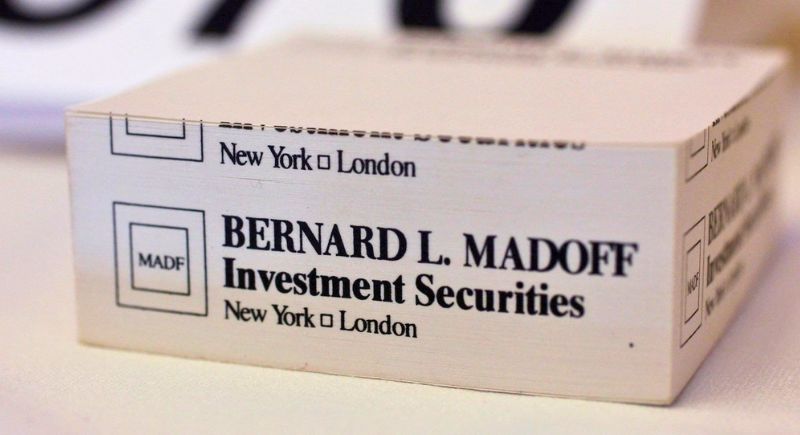
Bernie Madoff ran the biggest Ponzi scheme in history and scammed investors out of $65 billion by faking profits. The scam collapsed in 2008, Madoff was sentenced to 150 years in prison, and thousands lost their life savings. The scandal led to stricter oversight of hedge funds and financial advisors.
T-Mobile
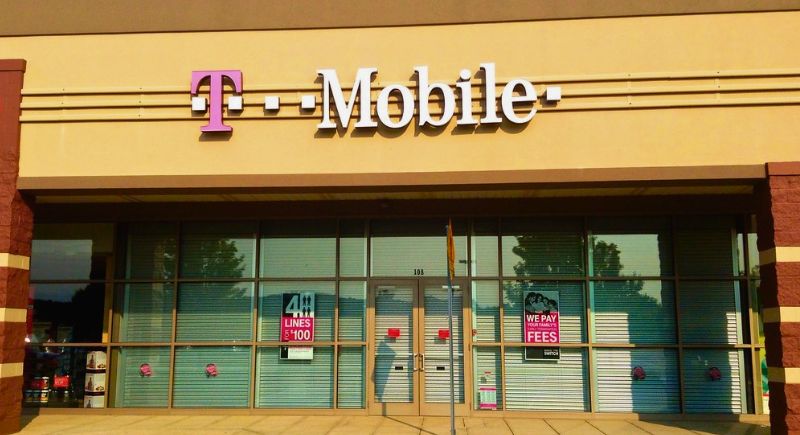
If you noticed weird fees on your T-Mobile bill, you weren’t alone. The company secretly added premium services that customers never signed up for. The FTC fined them $90 million in 2014, forcing them to stop. Since then, T-Mobile has cleaned up its act.
Comcast
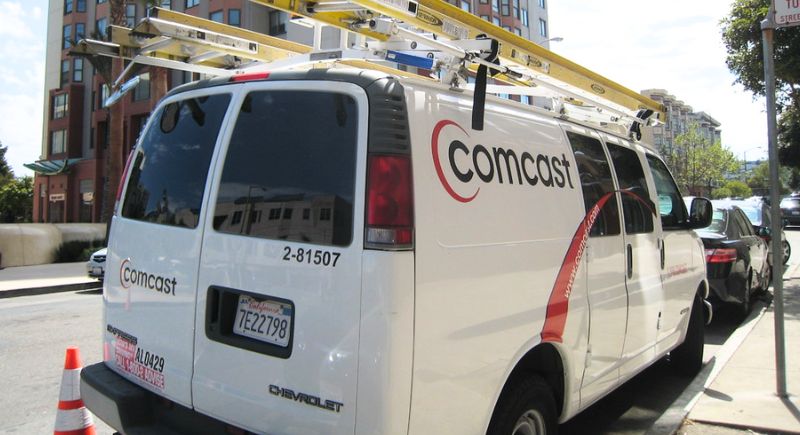
Comcast made a habit of advertising one price while billing customers something entirely different. When regulators caught on, the company had to issue $1.14 million in refunds. While they still have a way of surprising people, the pricing has been much clearer since.
AT&T
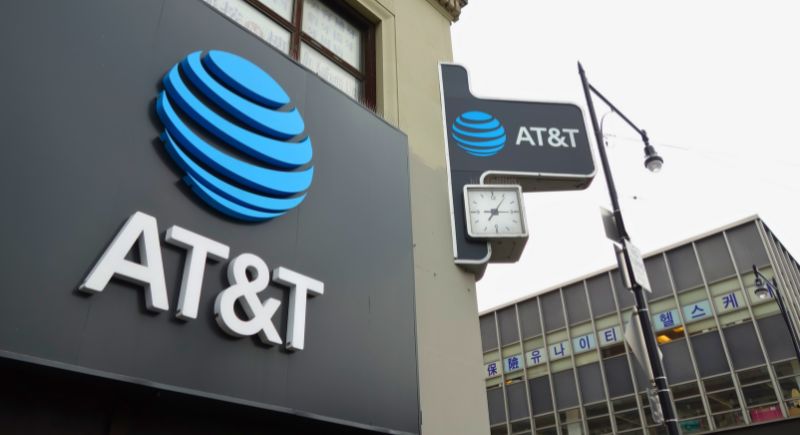
AT&T promised unlimited data, but that wasn’t so unlimited after all. In fact, they slowed speeds for heavy users without telling them. This change was tolerated until 2019, after which AT&T settled for $60 million. Now, they disclose speed caps upfront.
Johnson & Johnson
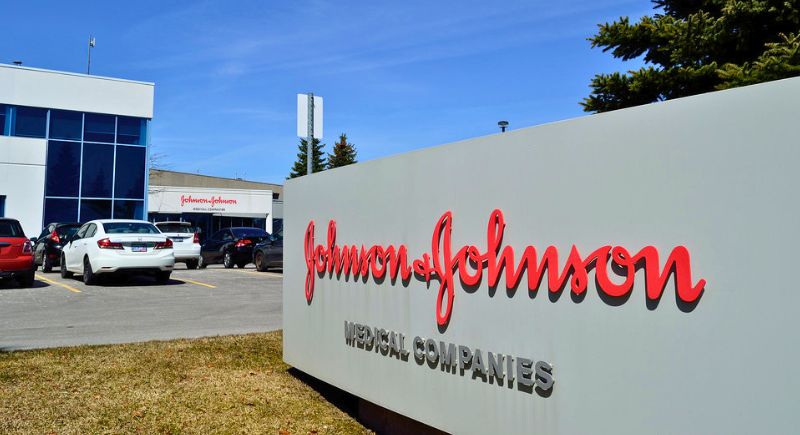
Ready to know the dirty secret of baby powder? Well, for decades, Johnson & Johnson’s talc-based baby powder was a household favorite—until lawsuits linked it to cancer. The company paid $700 million in settlements before pulling the product. While they insisted their powder was safe, customers weren’t convinced.
Bank of America
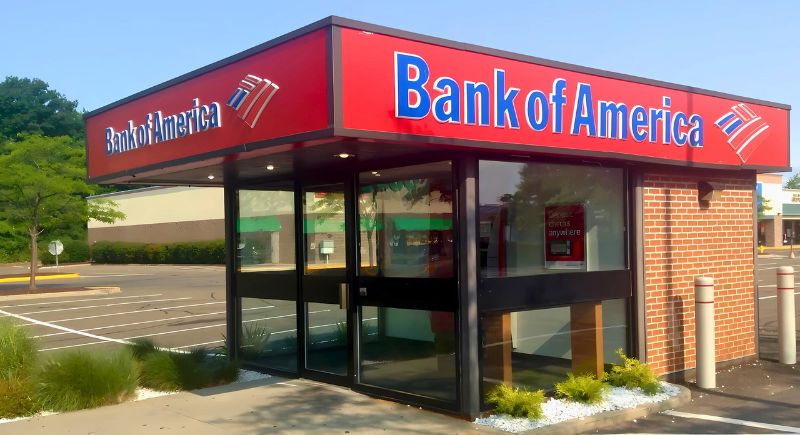
Hidden charges on checking and credit accounts earned Bank of America a $250 million fine in 2014. Since then, they’ve been very transparent with their fee structure, but many customers still double-check their statements just to be safe.
Amazon
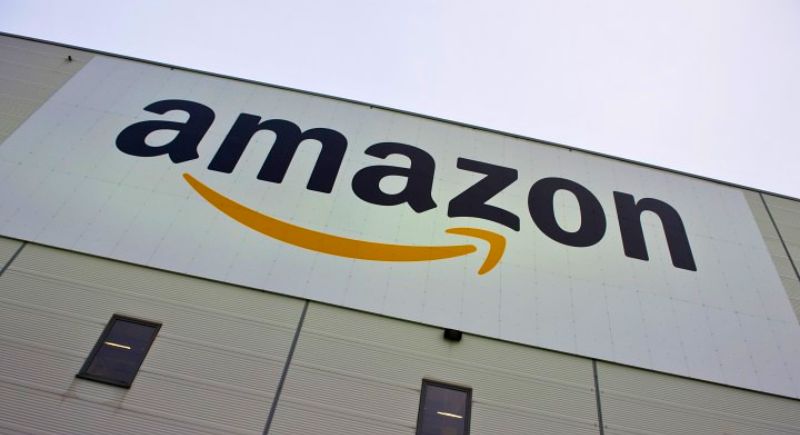
Signing up for Amazon Prime was easy, but canceling it was a whole lot of work. Customers felt trapped in an intentionally confusing cancellation process that just wouldn’t let them go. Not only did Amazon simplify its fine in 2021, but it also ended up paying $25 million in fines.
Apple
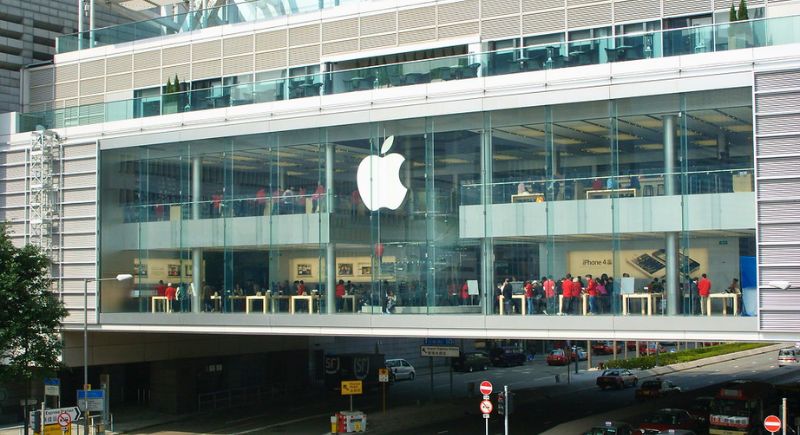
This news came as quite a shock to most people. In 2017, Apple admitted to slowing down older iPhones, supposedly with the intention of preserving battery life. Customers saw it differently and accused Apple of forcing upgrades and luring them into buying the latest phones. A $500 million settlement later, Apple now gives users more control over battery performance.
Uber
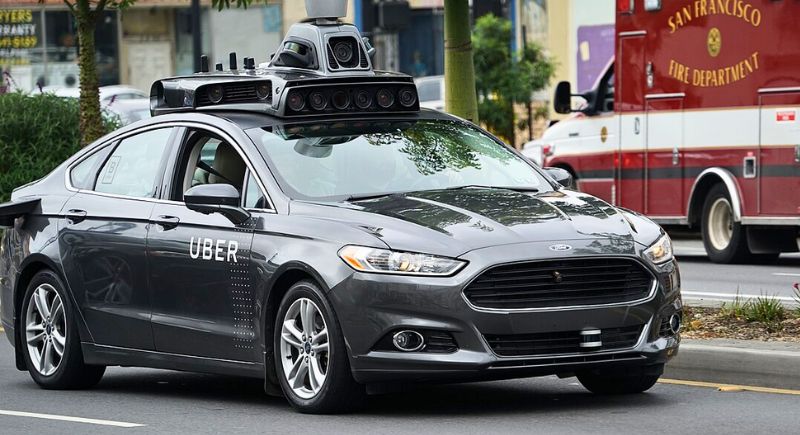
Uber called its drivers independent contractors, which meant no benefits. After lawsuits, Uber paid an $8.4 million settlement and made some policy changes, but the debate over gig worker rights is far from over.